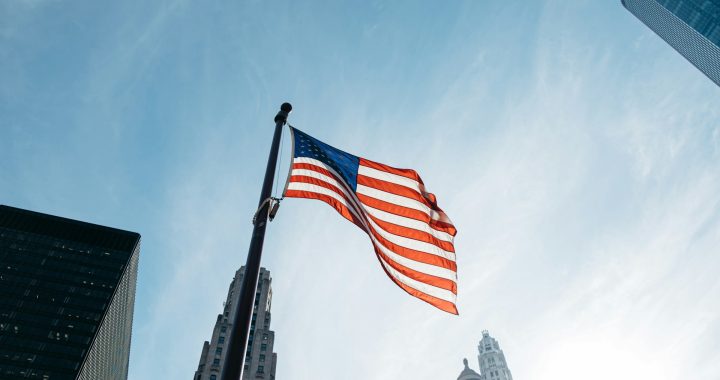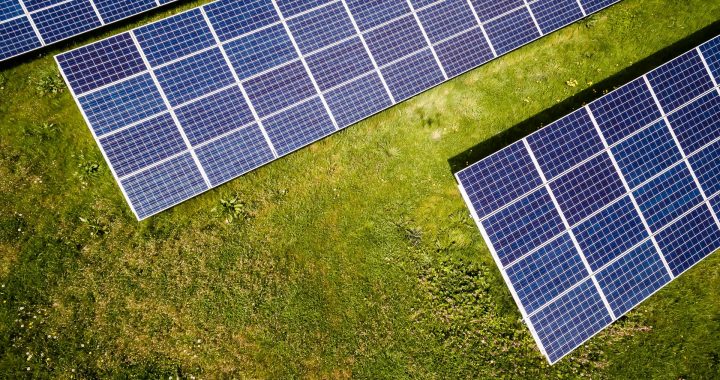Small U.S. Businesses Struggle Under New Tariffs

Shampoos, vacuum cleaners, garden tools — in small American shops, retailers are growing increasingly concerned as tariffs climb higher.
In her novelty store in Los Angeles, Patricia Loperena is feeling the full impact of the trade war launched by Donald Trump — a defining move during the first 100 days of his term. Rising raw material costs and more cautious spending from customers have put pressure on her family business.
“Everything has gotten more expensive,” Loperena told reporters. Her store mainly sells piñatas — colorful paper figures filled with candy, a beloved tradition from Central America. “People aren’t spending like they used to. Instead of throwing big parties, they settle for smaller ones,” said the 45-year-old entrepreneur, who launched her shop more than a decade ago.
Prices Keep Rising
Since returning to power, Trump has announced and then paused various tariff hikes. Currently, most countries face a 10% tariff on goods imported to the U.S., but products from China are subject to a steep 145% duty. In response, China has retaliated with tariffs of up to 125% on American goods.
In light of this, Loperena took proactive steps, placing larger orders before the tariffs took effect. Still, her supplier has warned that her next shipment will come at a higher cost. In her Granada Hills location in northern Los Angeles, business has noticeably slowed compared to last year. “People know the situation is unpredictable, so they’re more cautious,” she said.
“It’s Only Going to Get Worse”
Many small business owners are facing the same challenges as Loperena, struggling to keep up with the constantly shifting announcements from Trump’s administration. “Everything comes from abroad — China, Taiwan,” said Angel de Luna, who runs a store specializing in sewing machines and vacuum cleaners. His revenue mainly comes from repairs and customer service, rather than sales.
At 28 years old, De Luna is already battling intense competition from online retailers. The tariffs, he says, are the final straw. “We’re holding on the best we can,” he admitted, “but it’s probably going to get worse.”
That sentiment is echoed by OJ Longmire, a 46-year-old barber who runs his own hair salon. “The tariffs are affecting all of us,” he explained. From shampoos and lotions to grooming equipment, most of his products are imported. “None of this is made in the U.S.,” he said. Having started his business during the COVID-19 pandemic, Longmire is no stranger to adversity. But the new tariffs, he said, are making things even harder. “Now, we have to be careful about how we use everything,” he added. “These new tariffs are complicating everything.”
“Trump Was Good Four Years Ago, But Now I’m Not Sure”
For Marcos Ochoa, 67, who sells gardening tools and supplies, the uncertainty surrounding tariffs is overwhelming. “You never know what’s coming. You don’t know if you’ll be paying more or not,” said the longtime retailer, who imports mostly from Japan and Europe.
So far, he hasn’t seen a significant price increase, but he believes it’s too soon to tell. In his view, Trump needs to think before acting. “He needs to calm down a bit,” Ochoa said.
Ochoa supported Trump in the last presidential election, believing he was good for business. He expected some tariffs but didn’t foresee them being this “excessive.” “Trump was good four years ago,” he reflected, “but now, I’m not so sure.” One thing he is sure of: “He’s made a lot of enemies — that’s for sure.”
 Apple’s 20th Anniversary iPhone May Finally Break the Mold of Iterative Updates
Apple’s 20th Anniversary iPhone May Finally Break the Mold of Iterative Updates  The State of the Galaxy S Lineup
The State of the Galaxy S Lineup  US More Reliant on EU for Key Imports Than China, New Study Finds, as German Trade Surplus with America Hits a Low
US More Reliant on EU for Key Imports Than China, New Study Finds, as German Trade Surplus with America Hits a Low  New Visa Restrictions Proposed for Foreign Students and Journalists
New Visa Restrictions Proposed for Foreign Students and Journalists  Google Taps into YouTube Videos to Train Its AI Models Gemini and Veo 3
Google Taps into YouTube Videos to Train Its AI Models Gemini and Veo 3  Major U.S. Cities Are Sinking — Groundwater Depletion Identified as Key Cause
Major U.S. Cities Are Sinking — Groundwater Depletion Identified as Key Cause  Gold Retraces Amid Index Rebalancing as Market Awaits Payroll Data
Gold Retraces Amid Index Rebalancing as Market Awaits Payroll Data  Tennis Roundup: Swiatek Stands Out in Cancun While Raducanu Returns to Action
Tennis Roundup: Swiatek Stands Out in Cancun While Raducanu Returns to Action  Solar Sector’s Paradox: Global Resilience Meets Spain’s Oversupply Crisis
Solar Sector’s Paradox: Global Resilience Meets Spain’s Oversupply Crisis